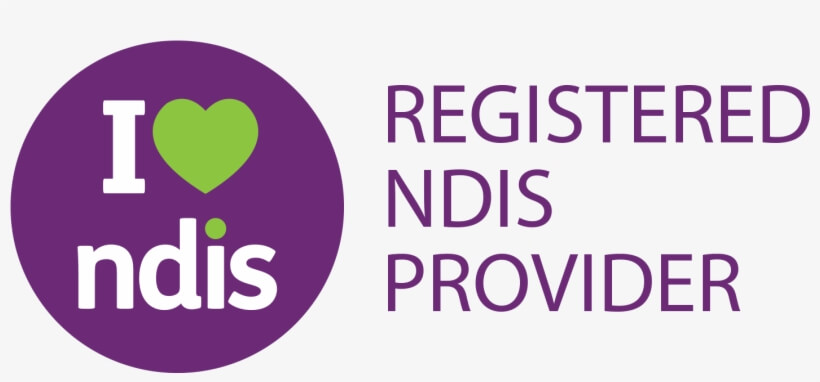Yes, you can switch to another NDIS provider. The first step is to terminate your current provider’s agreement, preferably in writing, before starting with a new provider. Communicating with your current provider and researching potential new providers is also essential.
Yes, involving your family in your plans for the NDIS can be very beneficial. Your family members can provide support, share insights, and offer unique perspectives to help you make informed decisions about your goals and the support you may need. They can also assist you with the NDIS planning process and help you identify areas where additional consent may be required. Ultimately, involving your family in your NDIS plans can help ensure that your goals are aligned with your overall support needs and that you have the necessary support to achieve them.
Yes, it’s essential to plan before meeting with NDIS providers. This will help you identify your goals, support needs, and the questions you may have. Having a plan can also help you make the most of your meeting time.
There are three ways to manage NDIS funding: self-managed, plan-managed, and NDIA-managed.
- Self-management involves the participant working on their financing, purchasing supports and services and keeping track of expenses.
- Plan management involves engaging a registered plan manager to manage the NDIS funds on behalf of the participant.
- NDIA management involves the National Disability Insurance Agency managing the NDIS funds on behalf of the participant. Participants can also choose a combination of these options.
It depends on your individual NDIS plan and funding allocation. Some NDIS participants may be required to contribute to their plan. However, specific supports cannot be funded or provided under the NDIS, such as day-to-day living costs like rent and groceries.
The NDIS has a price guide that outlines the maximum amount they will pay for different services. The price guide is updated annually and includes support categories such as assistance with daily living, transport, and therapy services. Providers can charge up to the price limit but may charge less.
The NDIS provides diverse services and resources that empower individuals with disabilities to reach their objectives and enhance their quality of life. This includes assistance with daily living tasks, therapy services, mobility aids, home modifications, and more. The specific services funded depend on the individual’s needs and goals outlined in their NDIS plan.
No, individuals over 65 are not eligible for the National Disability Insurance Scheme (NDIS).
If your initial application for the National Disability Insurance Scheme (NDIS) was rejected, you may not be eligible for NDIS services. However, there are other related services that you can access.



